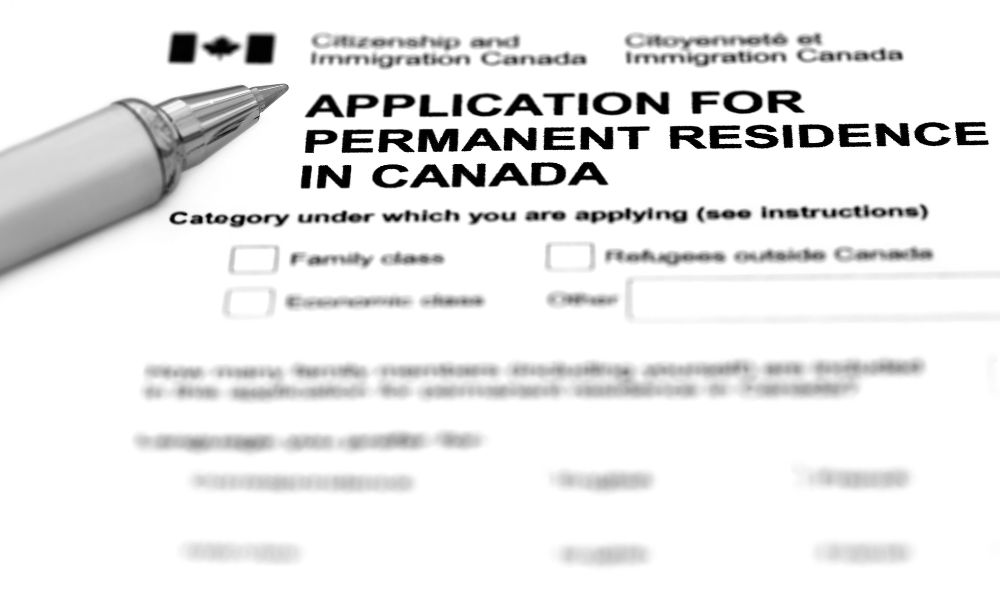
Key evidence supporting the applicant's refugee status was not adequately considered: court

The Federal Court has granted judicial review of Immigration, Refugees and Citizenship Canada's (IRCC) decision to refuse a Somali refugee’s application for permanent residence, ruling that the decision was unreasonable due to a failure to consider critical evidence.
The applicant, a Somali national, fled to Kenya as a child during the Somali civil war after his father was killed. Registered as a refugee with the United Nations High Commissioner for Refugees (UNHCR) since 1994, the applicant lived in refugee camps in Kenya without access to basic rights such as work or freedom of movement.
Initially, IRCC found the applicant credible and determined that he met the definition of a Convention refugee with no durable solution in Kenya. However, his file was later reopened when the International Organization for Migration (IOM) reported he was listed in Kenya’s citizenship database.
In December 2022, IRCC issued a procedural fairness letter (PFL) expressing concerns about the applicant’s registration as a Kenyan citizen. The officer questioned the applicant’s credibility, suggesting he might have a durable solution in Kenya and no longer qualified as a refugee.
In response, the applicant denied ever applying for Kenyan citizenship and provided supporting documents, including his UNHCR registration and refugee identification card issued by the Kenyan government. He emphasized his inability to correct errors in the Kenyan database and requested verification of his refugee status through fingerprint records.
Despite the detailed response and evidence, the officer refused the application in May 2023, citing unresolved concerns about “double registration” and its implications for the applicant’s refugee claim.
The Federal Court found the decision unreasonable, particularly in light of earlier IRCC findings that the applicant met the refugee definition and had no viable solution in Kenya. The court emphasized that the officer failed to adequately consider key evidence supporting the applicant’s refugee status, including his UNHCR designation, refugee identification card, and a verification letter from Kenyan authorities.
The court noted that double registration is a known issue in Kenya and that the applicant’s inability to correct official records should not undermine his credibility or refugee claim. The court stated that the officer’s reliance on the registration issue, without properly addressing the applicant’s evidence and circumstances, constituted a reviewable error. The court allowed the judicial review and sent the application back to IRCC for redetermination by a different officer.